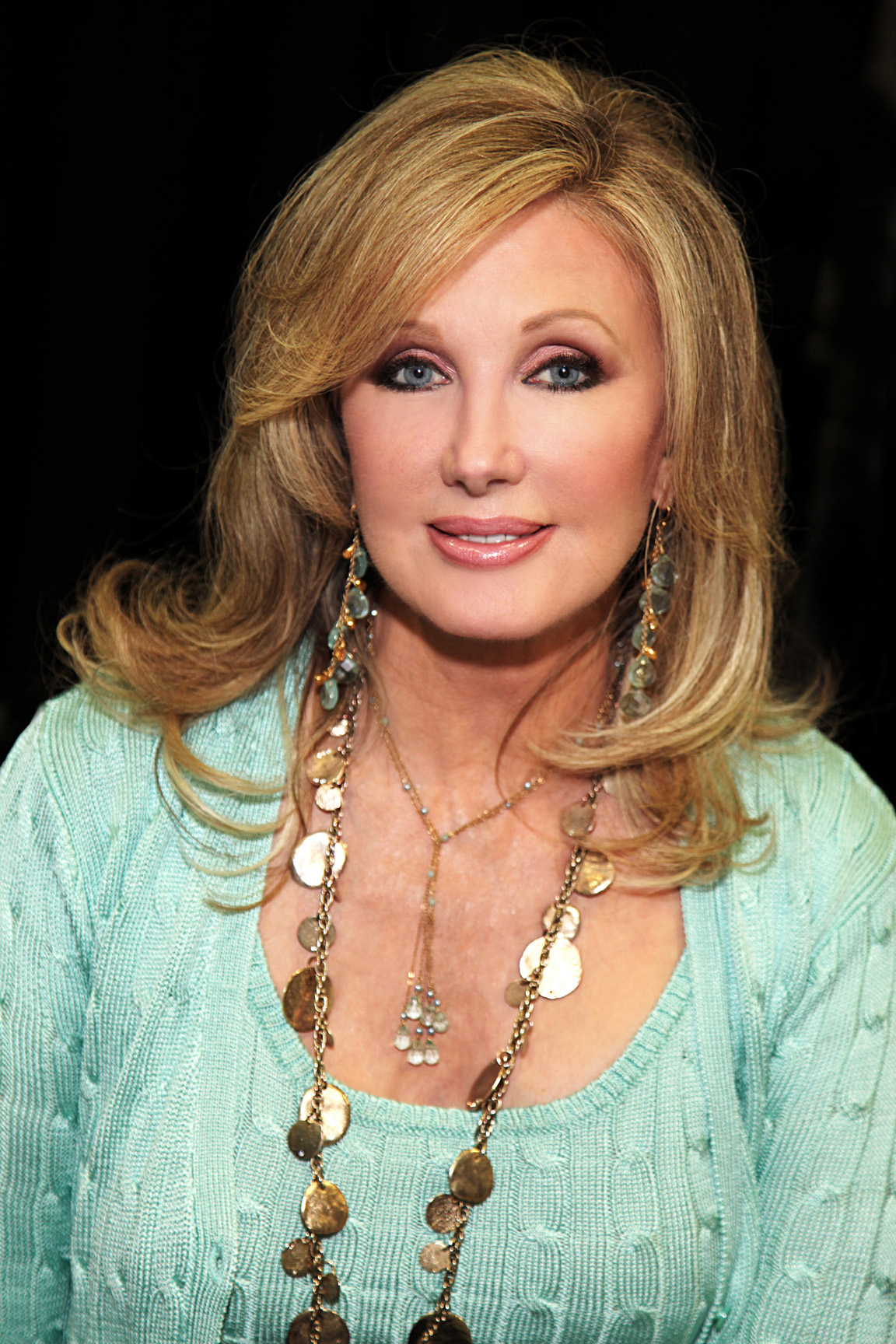Doctor Who
Explore the intricate timeline of Doctor Who, the legendary British sci-fi series. From the origins of the Time Lords to the epic adventures of the Doctor across space and time, delve into key episodes, regenerations, and pivotal moments that have shaped this iconic show.
First Episode of Doctor Who Airs
The very first episode of Doctor Who, titled 'An Unearthly Child', premiered on the BBC. It introduced the world to the Doctor, a mysterious time-traveling alien with a time machine known as the TARDIS. The show was created as a family-oriented science fiction series, distinct for its time, and would go on to become a beloved cultural phenomenon. The initial broadcast was overshadowed by news of the assassination of John F. Kennedy, which had happened the previous day. However, the episode was rebroadcast the following week, beginning a legacy that would endure for decades.
The Doctor Regenerates for the First Time
In the serial 'The Tenth Planet', the First Doctor, portrayed by William Hartnell, was seen to grow weak as the story progressed. In its final episode, the Doctor underwent a transformation known as regeneration, allowing the character to change form and personality. Patrick Troughton was introduced as the Second Doctor. Regeneration became a key mechanism in the series, allowing new actors to take on the role of the Doctor over the years while maintaining continuity within the show.
Introduction of K-9 and Company
The TV special 'K-9 and Company: A Girl's Best Friend' was first broadcast as a Christmas special on BBC1. Written by Doctor Who veterans, it was a pilot for a proposed spin-off series that would feature popular Doctor Who characters Sarah Jane Smith and K-9. Though the series was not picked up, K-9 became a fan-favorite character, remembered fondly by Doctor Who enthusiasts for many years. The show also marked an early example of Doctor Who attempting spin-offs, which would see more success in later years.
Doctor Who Goes on Hiatus
The final episode of Doctor Who's original run aired on BBC. After 26 seasons, the series was put on an indefinite hiatus following the episode 'Survival', featuring the Seventh Doctor, Sylvester McCoy. The decision to halt the show was influenced by declining viewership and a changing media landscape, where the show struggled to compete with contemporary science fiction programs. Though fans maintained a hope for its return, this moment marked the beginning of a long break in the series' history.
Doctor Who: The Television Movie Premieres
In an attempt to revive the series, a television movie simply titled 'Doctor Who' aired on FOX in the USA and later on the BBC. Starring Paul McGann as the Eighth Doctor, the movie served as a continuation of the classic series and a potential pilot for a relaunch. Despite high hopes, it did not lead to a new series, though McGann's Doctor would become a beloved figure in expanded media. The film remains significant for bridging the original series and its eventual revival.
Doctor Who Series Revival Launches
Doctor Who returned to television after a 16-year hiatus with the episode 'Rose'. The revival was spearheaded by Russell T Davies and saw Christopher Eccleston take on the role of the Ninth Doctor. This new series brought modern production values and storytelling, revitalizing interest in the franchise. 'Rose' attracted over 10 million viewers in the UK, proving that the Doctor was still a centerpiece of British sci-fi culture. The success of the revival created a new era of fandom for the series.
David Tennant's Era as the Doctor Begins
David Tennant, one of the most popular actors to play the Doctor, began his run officially with 'The Christmas Invasion', but the true beginning of his era as the Tenth Doctor was marked with the full series premiering where he starred in an eclectic mix of episodes that highlighted his comedic and dramatic talents. Tennant's performance was widely acclaimed, quickly making him a favorite among fans and cementing the success of the revival with high ratings and critical praise.
Tenth Doctor Regenerates
The regeneration of the Tenth Doctor, portrayed by David Tennant, into the Eleventh Doctor, played by Matt Smith, took place in the two-part finale 'The End of Time'. Broadcast on New Year's Day, this episode was highly anticipated and emotional, marking the end of Tennant's popular tenure as the Doctor and the beginning of a new chapter for the series. The finale was watched by millions and praised for its emotional weight and impactful storytelling.
Doctor Who 50th Anniversary Special
The special episode 'The Day of the Doctor' was broadcast to celebrate the 50th anniversary of Doctor Who. This landmark episode featured multiple incarnations of the Doctor, including David Tennant, Matt Smith, and John Hurt. Celebrated for its ambitious storytelling and nostalgic appeal, 'The Day of the Doctor' was simulcast worldwide, capturing the long-lasting impact and universal appeal of the series. It was a critical and commercial success, paying homage to a half-century of storytelling.
Introduction of the Thirteenth Doctor
Jodie Whittaker was announced as the Thirteenth Doctor, the first woman to take on the role. This groundbreaking cast choice represented a significant moment in Doctor Who's history. The announcement was met with a mix of excitement and controversy, reflecting the Doctor's ability to regenerate into any form. Whittaker's casting ushered in a new era under showrunner Chris Chibnall, promoting inclusivity and diversity within the long-standing series.
Tenth Series and Introduction of 'The Fugitive Doctor'
The first episode of the Doctor Who twelfth series, 'Spyfall', aired on New Year's Day in 2020. It drew significant attention as it introduced Jo Martin as 'The Fugitive Doctor', another portrayal of the iconic Time Lord that added mystery and complexity to the Doctor's past. This marked a bold storytelling choice by the writers, deepening the lore of Doctor Who and reflecting its ongoing evolution and willingness to explore new dimensions within its narrative landscape.
Frequently asked questions about Doctor Who
Discover commonly asked questions regarding Doctor Who. If there are any questions we may have overlooked, please let us know.
What is the premise of the series Doctor Who?
When did Doctor Who first premiere on television?
How does regeneration work in Doctor Who?
How many seasons of Doctor Who are there?
Related timelines
More timelines connected to Doctor Who







